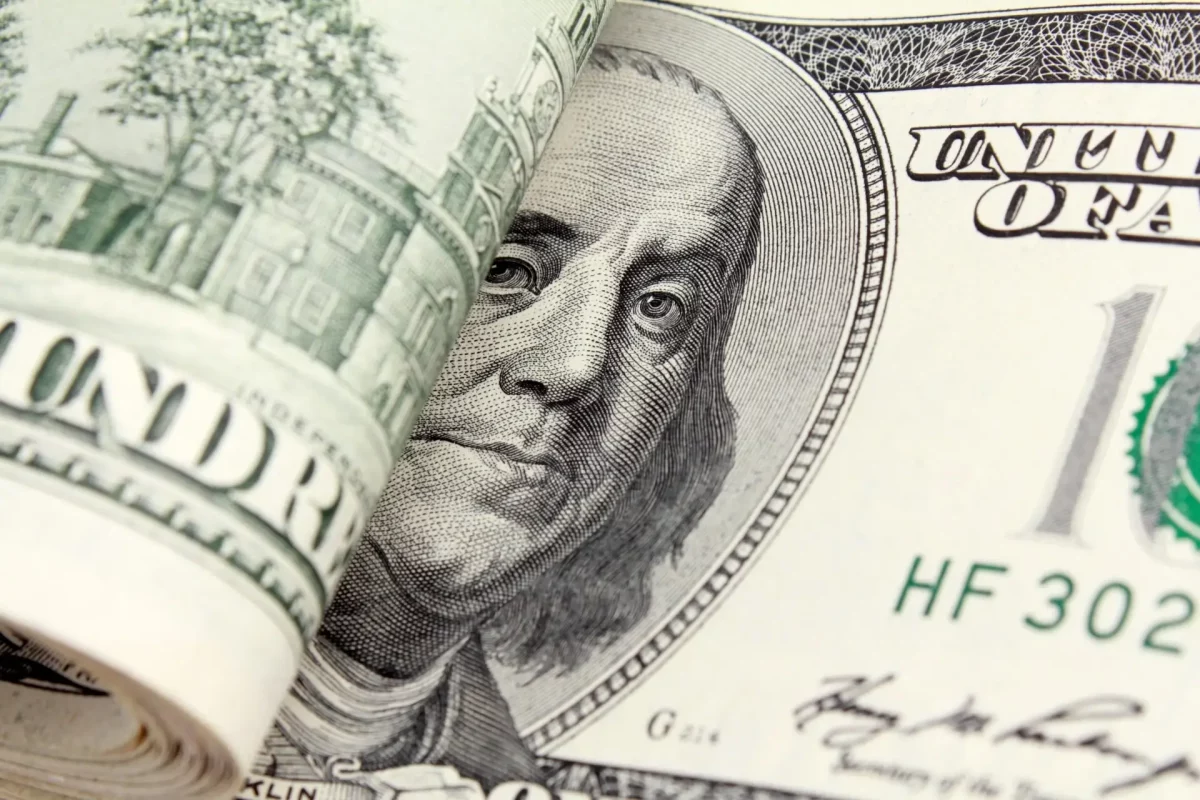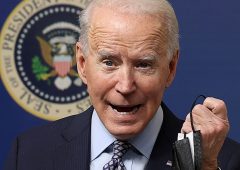Strong US Economy Signals Prolonged Dollar Strength, Says JPMorgan
11.01.2025 19:00 2 min. read Alexander Zdravkov
JPMorgan Chase predicts that the US dollar could remain strong throughout the year, supported by a resilient American economy that is expected to outpace other developed nations.
According to a recent report, the bank attributes the dollar’s continued strength to widening gaps in global economic performance.
The US economy is projected to grow by 2.7% in 2024, significantly ahead of the 1.7% forecast for other advanced economies. Factors such as robust productivity, increased business investment, and fewer labor shortages have fueled this growth, keeping inflation above the Federal Reserve’s 2% target. This may prompt the Fed to delay cutting interest rates, which could maintain the dollar’s upward momentum.
JPMorgan notes that while the Federal Reserve is expected to ease monetary policy, rate cuts this year are likely to be minimal due to the economy’s strength. Markets are pricing in a modest reduction of 44 basis points for the Fed, compared to 110 basis points for the European Central Bank and a projected rate hike of 47 basis points in Japan. These differences in monetary policy further highlight the growing economic divergence among global markets.
The report also points to the incoming administration’s proposed policies as another factor supporting the dollar. Plans to boost domestic manufacturing, raise tariffs, and deregulate industries could encourage business growth and sustain higher interest rates, further bolstering the currency.
However, JPMorgan warns that the US dollar’s long-term trajectory faces challenges. The country’s trade deficit, which stood at 4.2% of GDP in late 2024, reflects a heavy reliance on imported goods. This structural imbalance, the bank cautions, could eventually weaken the dollar’s position despite its current strength.
-
1
U.S. PCE Inflation Rises for First Time Since February, Fed Rate Cut Likely Delayed
27.06.2025 18:00 1 min. read -
2
Key U.S. Economic Events to Watch Next Week
06.07.2025 19:00 2 min. read -
3
Gold Beats U.S. Stock Market Over 25 Years, Even With Dividends Included
13.07.2025 15:00 1 min. read -
4
U.S. Announces Sweeping New Tariffs on 30+ Countries
12.07.2025 16:30 2 min. read -
5
US Inflation Heats Up in June, Fueling Uncertainty Around Fed Cuts
15.07.2025 16:15 2 min. read
US Inflation Heats Up in June, Fueling Uncertainty Around Fed Cuts
U.S. inflation accelerated in June, dealing a potential setback to expectations of imminent Federal Reserve rate cuts.
Gold Beats U.S. Stock Market Over 25 Years, Even With Dividends Included
In a surprising long-term performance shift, gold has officially outpaced the U.S. stock market over the past 25 years—dividends included.
U.S. Announces Sweeping New Tariffs on 30+ Countries
The United States has rolled out a broad set of new import tariffs this week, targeting over 30 countries and economic blocs in a sharp escalation of its trade protection measures, according to list from WatcherGuru.
Key U.S. Economic Events to Watch Next Week
After a week of record-setting gains in U.S. markets, investors are shifting focus to a quieter yet crucial stretch of macroeconomic developments.
-
1
U.S. PCE Inflation Rises for First Time Since February, Fed Rate Cut Likely Delayed
27.06.2025 18:00 1 min. read -
2
Key U.S. Economic Events to Watch Next Week
06.07.2025 19:00 2 min. read -
3
Gold Beats U.S. Stock Market Over 25 Years, Even With Dividends Included
13.07.2025 15:00 1 min. read -
4
U.S. Announces Sweeping New Tariffs on 30+ Countries
12.07.2025 16:30 2 min. read -
5
US Inflation Heats Up in June, Fueling Uncertainty Around Fed Cuts
15.07.2025 16:15 2 min. read


